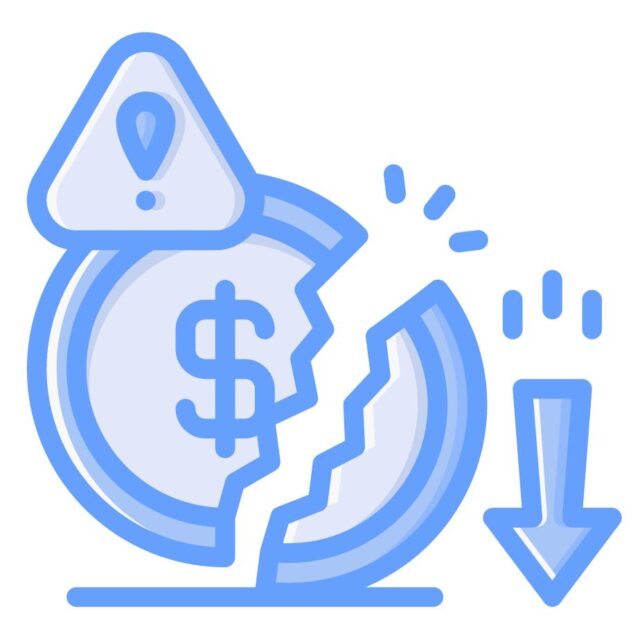
Is bankruptcy the best option for you when it comes to getting out of debt? What about debt settlement? Learn the pros and cons of each so you can make the best decision for your unique situation. Bankruptcy is a legal procedure that allows people who can’t pay their debts to discharge (or get rid of) them. Debt settlement is an agreement with your creditors in which you agree to pay off a portion of your debt, usually at a lower interest rate. Let’s take a closer look at both options.
What is bankruptcy and what are the different types of bankruptcy filings
Bankruptcy is a legal process that provides debt relief for individuals and businesses. There are several different types of bankruptcy, each with its own set of rules and procedures. The most common type of bankruptcy is Chapter 7, which allows the debtor to discharge most unsecured debts.
Another common type of bankruptcy is Chapter 13, which allows the debtor to reorganize his or her finances and repay creditors over a three- to five-year period. There are also several other less common types of bankruptcy, such as Chapter 11 (business bankruptcies) and Chapter 12 (farmer bankruptcies). No matter what type of bankruptcy is filed, the goal is always the same: to give the debtor a fresh start by providing debt relief.
How does debt settlement work and how do you qualify for it
Debt settlement is a process where you negotiate with your creditors to pay less than the full amount you owe. In order to qualify for debt settlement, you must first fall behind on your payments. This is because creditors are typically only willing to settle for a reduced amount if they think there’s a risk that you won’t be able to pay back the full amount. Once you’ve missed a few payments, you can then start negotiating with your creditors. Often, you’ll need to work with a debt settlement company in order to get the best results. The company will work with your creditors on your behalf and typically try to get them to agree to a reduced payment. If successful, you’ll then be responsible for paying the reduced amount to the debt settlement company, which will then pay your creditors.
While debt settlement can be a good way to reduce what you owe, it’s important to be aware that it will have a negative impact on your credit score. Additionally, there’s always the risk that your creditors will refuse to settle or that you won’t be able to make the required payments. As such, it’s important to carefully consider whether debt settlement is right for you before making any decisions.
Which option is right for you
Bankruptcy and debt settlement are two options available to people who are struggling with debt. Bankruptcy is a legal process that allows people to eliminate their debt and start fresh. Debt settlement is an agreement between a creditor and a debtor to settle a debt for less than the full amount. Both options have pros and cons, and the right option for you will depend on your individual financial situation. Bankruptcy can be a good option for people who have a lot of debt and no realistic way to repay it.
However, it can also have significant negative consequences, such as damaging your credit rating and making it difficult to get approved for future loans. Debt settlement can be a good option for people who have some ability to repay their debt, but not the full amount. It can also help to improve your credit score over time. However, it is important to make sure that you are working with a reputable company, as there are many scams in the debt settlement industry. When choosing between bankruptcy and debt settlement, it is important to consider your unique financial situation and talk to a qualified financial advisor to get expert advice.


































